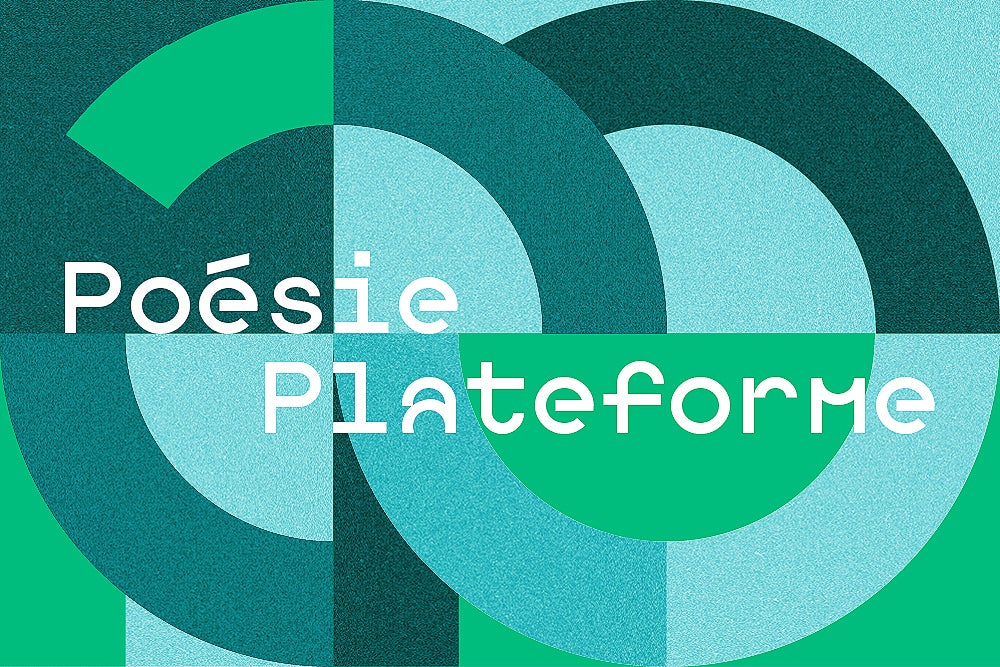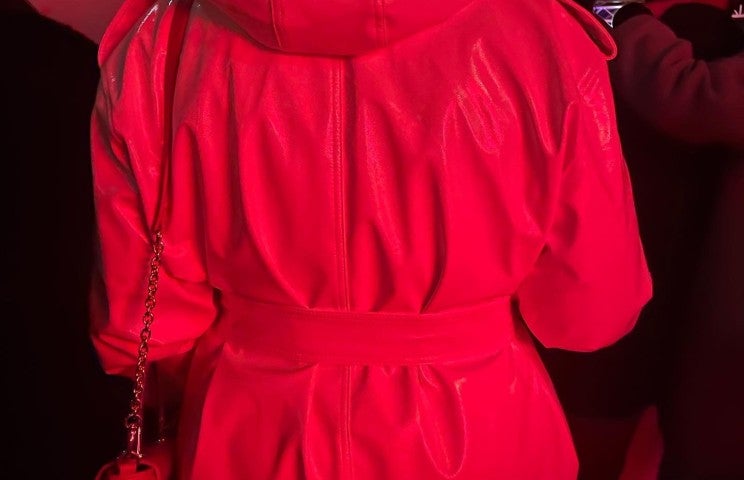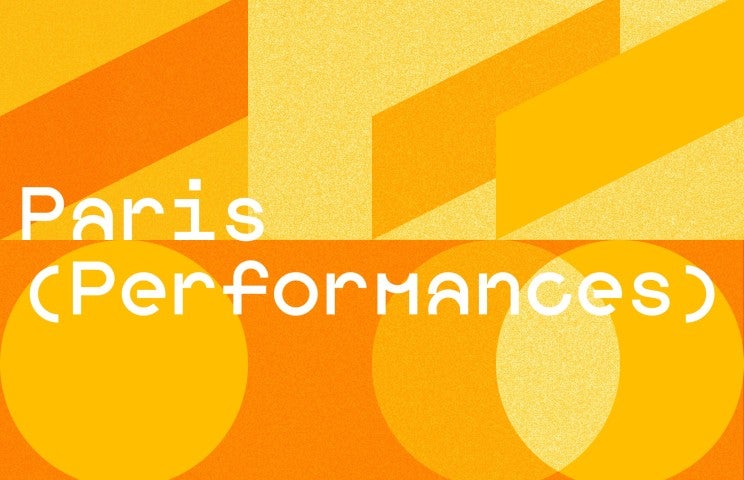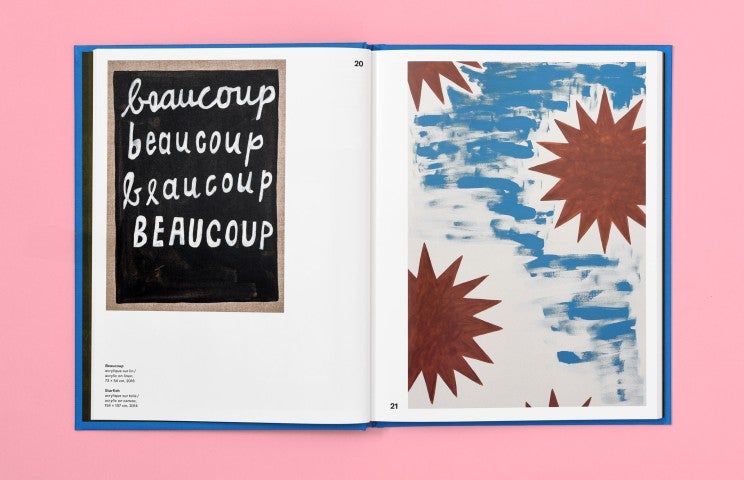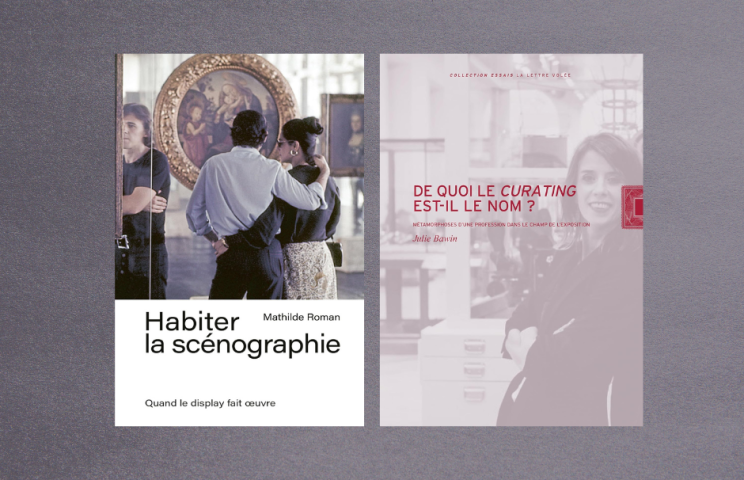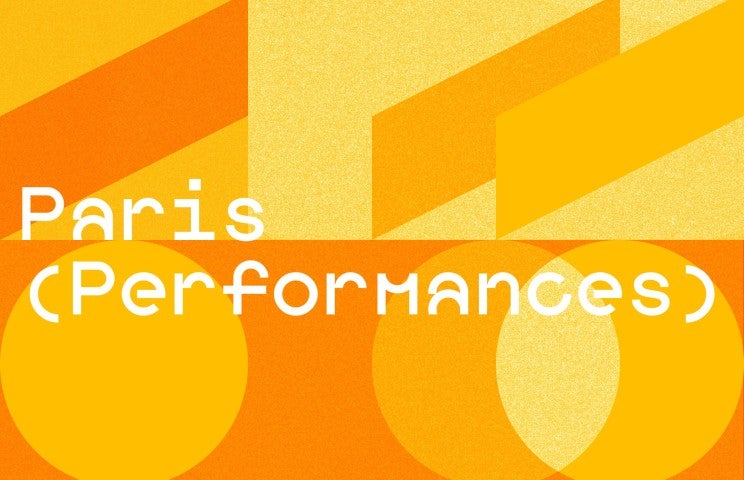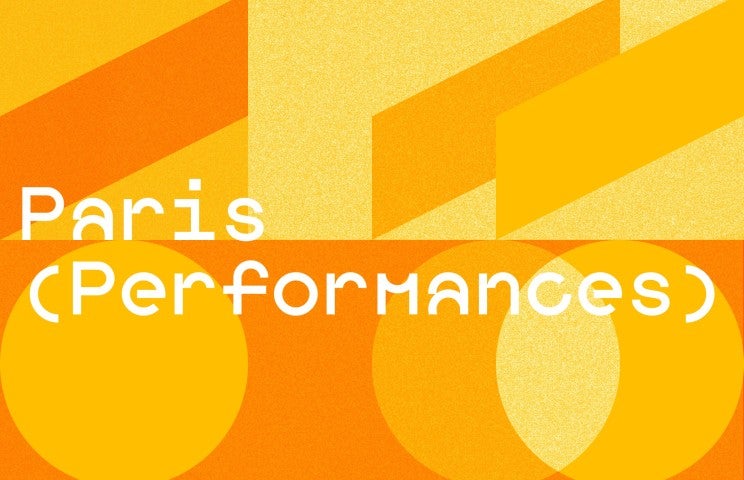Poésie Plateforme with Anne Bourse and L. Etchart
Hosted by poet and teacher Jérôme Mauche for the past ten years, the “Poésie Plateforme” encounters initiate unexpected moments of dialogue.
Following the logic of experimentation - but also desire - of the “Poésie Plateforme” cycle, artist Anne Bourse and poet L. Etchart will engage in dialogue. The starting point for this encounter is Anne Bourse's fascination with L. Etchart's astonishing story Tupamadre - a poet who dazzlingly invents his own language between French and Spanish. Tupamadre will be the point of exchange between these two extraordinary creators, who transcend lines, objects, uses and media. After all, they're the kind of people who manage to imagine something new - intense, sumptuous and discreet at the same time - with what's thrown at them - politics, in particular - and what's at hand - the ordinary.
Anne Bourse creates drawings, textiles, objects, installations and environments that interweave gentleness and obsession, between decoration and utopia. Collecting, reworking, scribbling, collaging and writing are among the tools she uses to create visual quasi-narratives that are both enigmatic and simple. Her work is regularly exhibited in France: Parc Saint Léger, MOCO La Panacée in Montpellier, Crédac in Ivry, Galerie Edouard Manet in Gennevilliers, Ménagerie de Verre, Galerie Crèvecoeur in Paris, which represents her, as well as internationally: Lisbon, Toronto, Bremerhaven... Her first solo museum exhibition will open at MAMC+ in Saint-Etienne in autumn 2024. Anne Bourse was nominated for the 24th Pernod Ricard Foundation Prize in 2023. Her work was the subject of a TextWork by Nick Currie.
Tupamadre was published by Editions Les Terrasses in 2023. The narrative mixes narrative texts, poetry and archives in French hybridized with Spanish. His poetry has no rules, no accents and no apostrophes. L. Etchart learned the French language in Montevideo from her family, political refugees in France in the 1970s. She writes with violence and treachery to an imperialist French language. A child of Uruguay's Tupamarx guerrillxs, L. Etchart grew up with memories of struggle, violence, fascism and hope. Her book develops the queer narrative of a childhood. It is mainly centered on the figure of her mother, through the prism of her death from cancer: from local miss to hold-up, from worker to wife, this journey reads a world in the remnants of possible spaces. When it came out, this book was particularly noted for its power and inventiveness.
